Alumni stories
Warwick maths alumni stories
Graduating from Warwick with a degree in mathematics will put you in a great position for a wide range of career opportunities; so many of the skills you will develop during your studies are transferable, which is exactly what employers are looking for.
To give you a flavour of some of the roles recent Warwick maths graduates have gone into since completing their studies with us, we’ve compiled a selection of alumni case studies for you to explore.
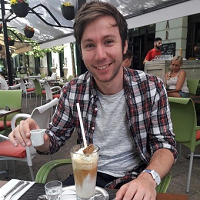
Alex Bowring, mathematical consultant at the Smith Institute
“Maths was always going to be my subject; it was my best subject at school and the subject I most enjoyed. I wasn’t particularly career-minded, just loved doing maths for the sake of maths! I loved the modern feel and energy of the campus.”
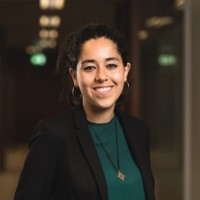
Adday-Desta Heller, environmental/social data analyst at Bloomberg
“I chose to study at Warwick as I wanted to study at one of the top universities in my subject, and the flexibility of the course at Warwick was a huge factor. I also wanted to take part in a year abroad, and study other subjects alongside my degree.”
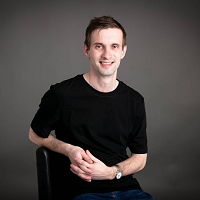
Jamie Mullineaux, quant analyst at Superbet
“Whilst the second-year essay and final year project were good opportunities to hone my communication skills, I found working on weekly assignments with other students equally helpful. Knowing a solution isn't the same as being able to explain it or teach someone!”
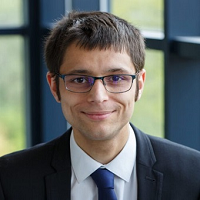
Kieran Kalair, senior mathematical consultant at the Smith Institute
“During both my MSc and PhD at Warwick, I had several opportunities to communicate research to a range of audiences. This is something I am glad I started practicing early, as when I then moved into industry, I was already equipped to talk about science in a range of different ways depending on who the audience was.”
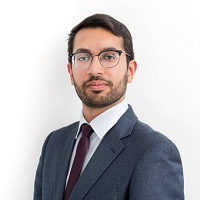
Siddhant Walia, manager (cloud analytics) at Efficio
“Mathematics was the only subject I enjoyed in school and found that calculus and probability really interested me because of how we could understand and explain real world phenomena. This motivated me to delve deeper into what maths has to offer, along with how it's applied! The course flexibility, along with interdisciplinary options, really appealed to me.”
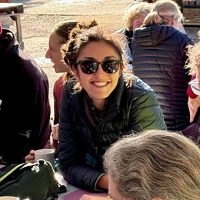
Maria Dixon, mathematics tutor
"I developed good communication skills during Warwick in Africa when I taught Maths (and Italian and ballet!) to classes of up to 50 children in Ghana. Likewise, talking about my independent projects in oral assessments in front of lecturers and course mates developed my communication skills and my ability to throw myself into something I found daunting."
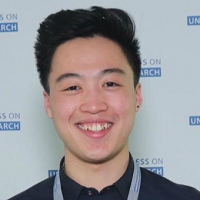
Christopher Nguyen, software engineer at G Research
“Maths was by far my favourite subject, so studying it at university was a natural choice. I wanted a university which had a fast pace, a broad range of choices, and offered the flexibility to either stay in academia or transition into industry. Warwick excels at all of these, so was my top choice.”
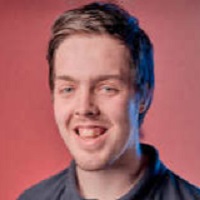
Alex Holmes, quantitative associate at NatWest Markets
“Population dynamics was a module I did in my third year and was the first time I had been exposed to maths with real world applications. I really enjoyed seeing how techniques I had been using in a real situation. I enjoyed this module enough that I would go on to do a PhD in this topic!”
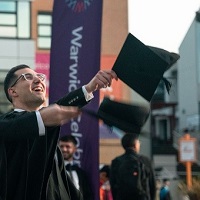
Explore more of our alumni case studies
We've also gathered some other alumni case studies that featured in our undergraduate course brochures in 2023/24 and 2024/25. These are shorter than the others collected on this page, but are still very much worth reading and will give you even more ideas about the range of careers that could open up to you as a Warwick Mathematics graduate.
Careers support
If these stories have inspired you to think more deeply about your own career prospects, don’t forget that we have a dedicated careers consultant who will offer you advice and guidance on what might be ahead after you graduate, and how you might get there. This support is free and available to you at any time during your studies with us.
